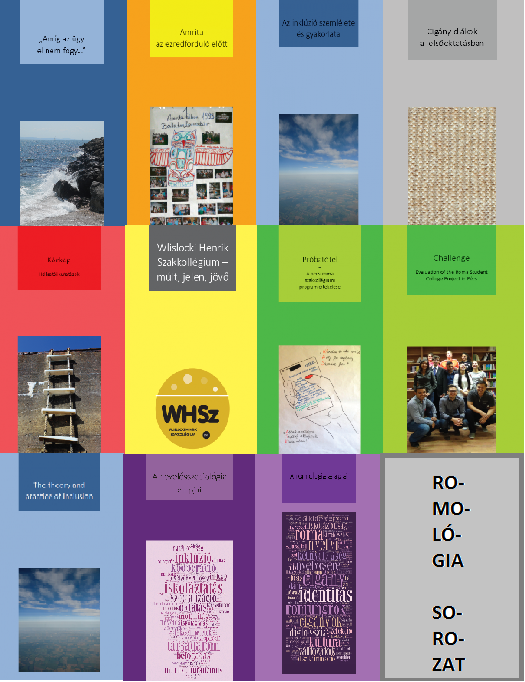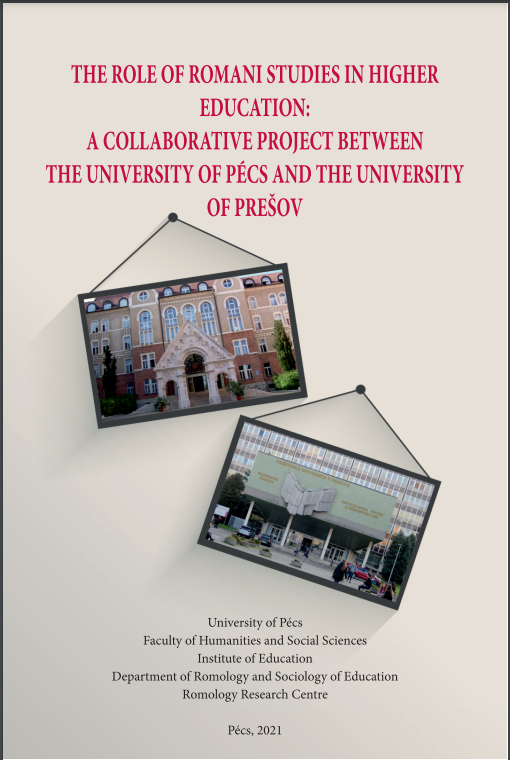
This volume introduces Roma Studies training programs in Pécs, Hungary and Prešov, Slovakia. The Romology (Roma Studies) training program in Hungary was established in 1997, and in Slovakia it started in 2019. This volume presents the specifics of both training programs. The first study in the volume is a detailed overview of the training program in Prešov; therefore, the introduction section only presents the training program in Pécs. The Department of Romology and Educational Sociology has been operating at the Faculty of Humanities at the University of Pécs since 1997 as a unique training program to teach scientific knowledge about the Roma population. The BA, MA and teacher training programs of the department integrate Roma-related research from the humanities and social sciences into higher education. The department trains professionals to understand the scientific aspects of Roma Studies and interpret the political, legal, linguistic, cultural, educational, demographic and economic conditions of the Roma. From 1996, Roma Studies specialization have been organized within the framework of the Department of Linguistics at the University of Pécs Faculty of Humanities. György Szépe, professor of linguistics, has cared deeply about this specialization. At the beginning, Andrea Szalai led and organized the specialization, and since 1997 Katalin Forray R. has been the director. Since the 2000/2001 academic year, the department has been working independently within the university to provide full-time and correspondence training. Since the 2005/2006 academic year, the department has also offered teacher training for trainees to obtain primary and secondary school teacher degrees in Roma Studies. As a result of the Bologna Process, since the 2006/2007 academic year, the five-year training program has been replaced by a three-year BA and a two-year MA, providing Romani or Boyash language specialization and Roma Culture Specialization. Since 2016 the department has also offered a six-year teacher training program. In addition to teaching, the department’s activities are extremely versatile and diverse. In 2001, the department launched the Wlislocki Henrik Student College (WHSz) with support from the European Union’s pre-accession (PHARE). The mission of the WHSz is to bring together Roma/Gypsy students attending the various faculties and departments at the University of Pecs as well as those who are interested in Roma studies and culture. Beside teaching the Romani and Boyash languages, the department contributes to the linguistic examination of both languages. The educators of the department participate in creating, monitoring and evaluating the school leaving examination for subjects related to the Romani, Boyash and Roma culture. They have a close working relationship with Gandhi High School, both in terms of graduation and in the higher education of young students finishing their studies in Gandhi High School. The department is also involved in the content creation and organizational work of the National Primary School Study Competition (OÁTV). Along with all these activities, the department conducts research on Roma, Gypsy culture, language, education, employment and social situation.

